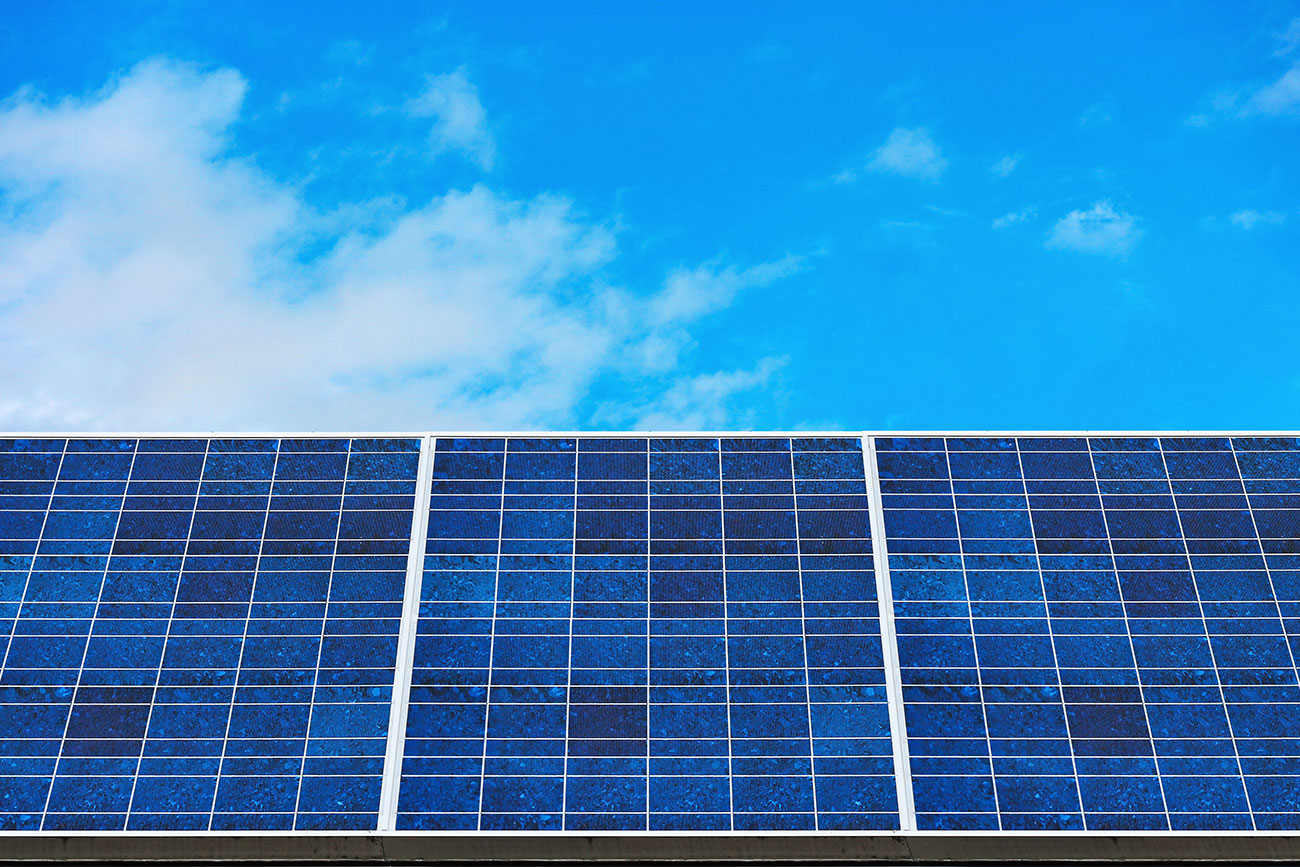Talking about sustainable housing is a complex topic, as it consists of many different aspects and elements that must be found and be the result of such houses. Part of this approach also involves talking about green buildings and smart cities, yet sustainable housing tends to be left out of the conversation as some might think it doesn’t concern the areas of urban design and public architecture. However, it is essential that we start thinking about the impact that our homes have on the environment, finding ways to build and develop more eco-friendly alternatives.
As we have mentioned in previous blogs, one of the main elements of sustainable architecture has to do with the materials that are used in the construction and redesigning of a building. Even when the materials used in your house do not necessarily enhance its efficiency, they play an important role when looking for sustainable housing alternatives. Thinking about the energy that is required to produce, transport, and use materials needs to be step one of any green housing projects.
This doesn’t mean that home efficiency should be disregarded, though, and we need to find ways to make a smarter use and generation of energy by our home. The amount of energy that our home consumes needs to be assessed in order to find more efficient options. Besides, we also need to start thinking about the amount of energy that is actually produced by our homes. Therefore, we can see that the use of solar panels and other alternative energy options should be pivotal elements of any house that aims at sustainability.
The way your home is designed can have a significant impact on the amount of energy it requires to keep you comfortable, and this is an important aspect of sustainability in housing, too. Energy-efficient design needs to take into consideration passive heating, which is how well a house takes advantage of the heat and light from the sun. Also, passive cooling takes advantage of the shade, and this also depends of energy-efficient design.
It is true that designing, building, and adapting homes to increase its efficiency might generate a higher cost in the short-term. However, we must keep in mind that sustainable homes provide more benefits in the long run, which is why we should start looking for energy-efficient houses. This will not only benefit our financial situation, but also help us protect the environment.








